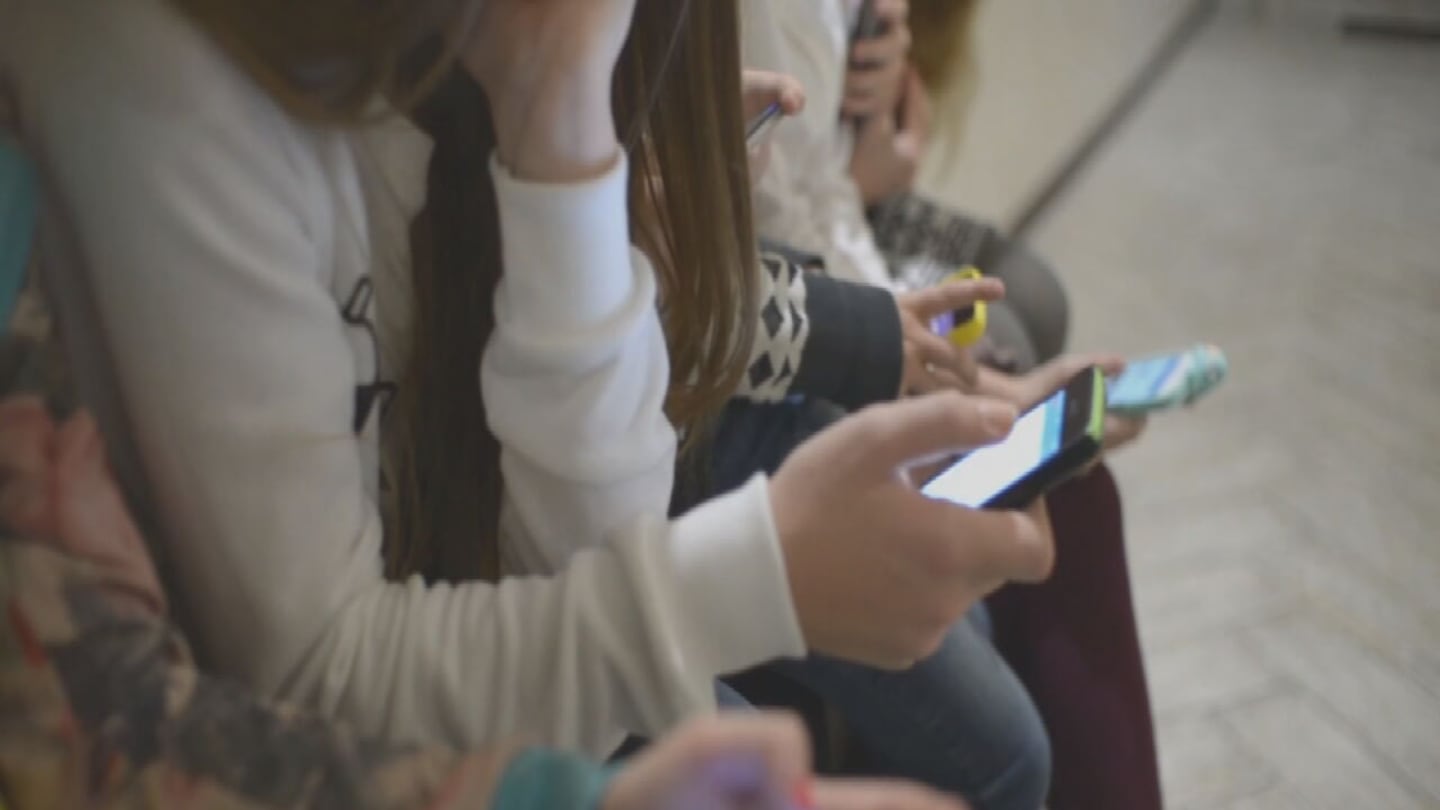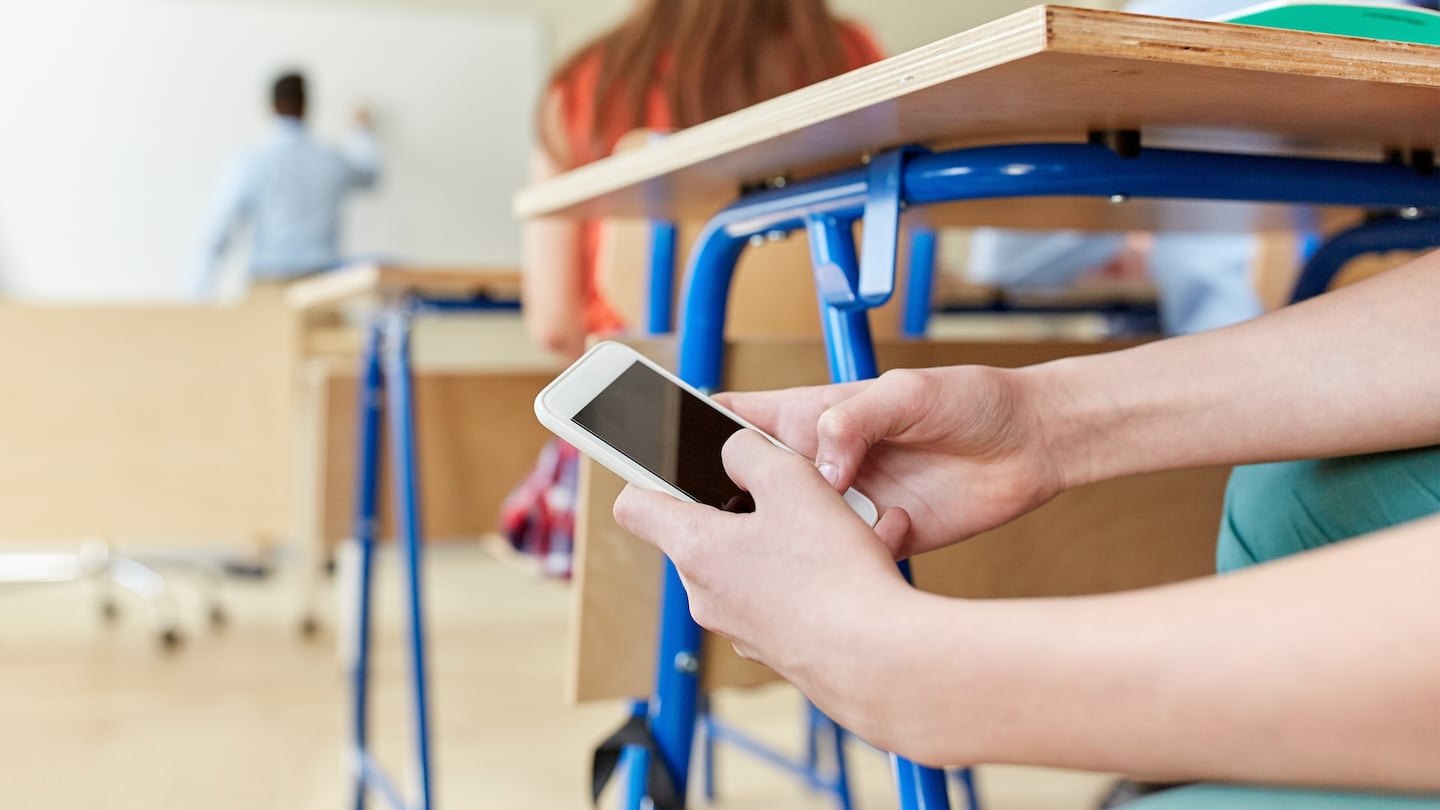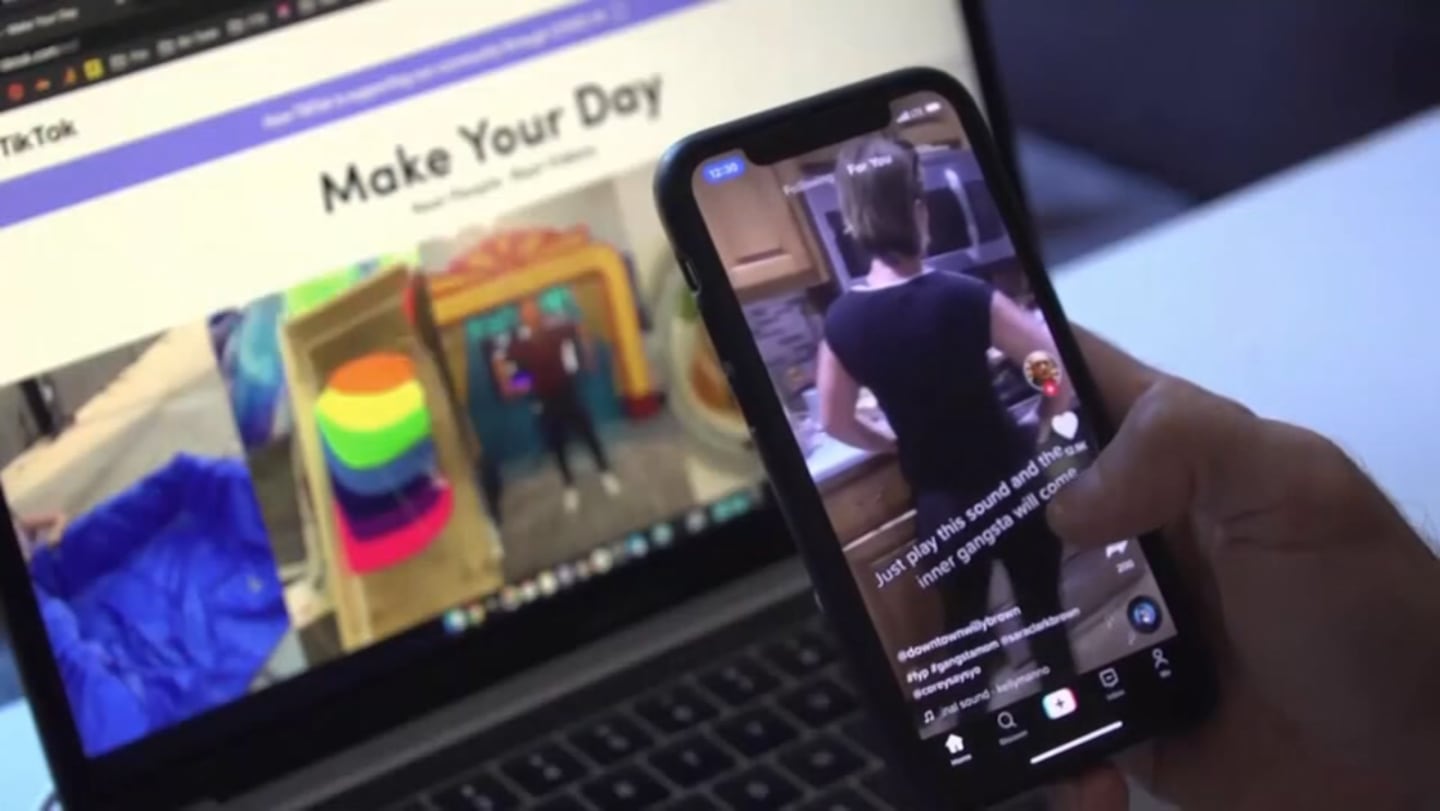BOSTON — Beeps. Swooshes. Bells. Whistles. Texts. Calls. Message alerts. Gaming alerts.
Facebook. Tinder. Snapchat. Instagram. AI. Selfies. Pop music. Rap music. Music videos.
Do you remember a quieter time, when these sights and sounds didn’t exist in school classrooms and hallways?
A new bill proposed by Attorney General Andrea Joy Campbell wants to rid Massachusetts schools of these digital distractions during school hours so students have a greater chance to focus on the main goal in school: Learning.
The STUDY Act seeks to implement a “bell-to-bell” restriction on student access to cell phones and personal electronic devices during school hours to improve their overall learning and school culture. It also proposes standards for social media companies that encourage safe and responsible use.
State Sen. Julian Cyr, D-Cape and Islands, and State Representatives Alice Hanlon Peisch, D-Wellesley, and Kate Lipper-Garabedian, D-Melrose, are proposing the bill along with Campbell.
“The STUDY Act puts students and their mental health first,” Campbell said in a statement Friday.
“By restricting cellphones during the school day and raising the bar for social media companies, we are taking bold steps to create learning environments free from distraction and a digital landscape that prioritizes the well-being of our youth,” Campbell said. “This bill is a commitment to both education and mental health for our young people, ensuring they have the tools to succeed without unnecessary harm.”
A growing number of schools are adopting policies to restrict cell phone use during the school day.
The STUDY Act would require all public schools to have formal policies regarding the use of cell phones, tablets, and other personal electronic devices on school grounds and at school-sponsored activities.
Each policy must prevent students from physically accessing their personal electronic devices during school hours. Exemptions would be allowed in certain circumstances to accommodate a student’s educational or medical needs, officials said.
The STUDY Act also requires schools to have a policy educating students about the social, emotional and physical harms of social media use, Campbell said.
These concerns led the U.S. Surgeon General in June to call for a warning label for social media platforms about the negative impact of social media use on mental health.
“For example, after one hour of social media use per day, adolescent mental health steeply declines and decreases in happiness and self-esteem occur, alongside increases in self-harm, depression and behavioral changes,” Campbell said in her statement.
Experts say phone use in schools can lead to distractions in learning, shortened attention span, increased anxiety, negative peer interactions and increases in cyberbullying, harassment and hate incidents.
A whopping 72% of high school teachers cite cell phone use as a major problem in classrooms, according to the Pew Research Center.
To keep users safe, Campbell said the bill calls on social media companies to implement procedures including:
- Age verification system to determine whether a user meets age requirements under law and keep any information about a user’s age confidential from third-party use
- Default settings for a minor user to ensure privacy and limit prolonged engagement by disabling features like notifications between certain hours, autoplay, and continuous scrolling
- Features for a user to flag unwanted or harmful content and regular surveys for the user to indicate to the company that they don’t want this type of content on their feed
- Regular warnings from social media platforms to the user on the negative effects of social media use on social, emotional and physical health
Officials drafted The STUDY Act with input from members of Campbell’s Youth Council.
Campbell has filed lawsuits against Meta, and its subsidiary Instagram, as well as TikTok, for designing its social media platforms to addict young users and deceiving the public about efforts to keep its platform safe.
“Research continues to show cellphones in the classroom can be a harmful distraction that impacts emotional wellbeing and impedes a student’s ability to learn,” Massachusetts Secretary of Education Patrick Tutwiler said in a statement.
“We continue to hear feedback from parents, teachers, and staff that a more comprehensive approach is necessary to ensure children’s academic success and social and emotional wellbeing,” Tutwiler said. “We look forward to working with the Attorney General and Legislature to address that.”
The Massachusetts Teachers Association’s roughly 117,000 members “are united in sounding the alarm about the impact of cellphones and social media on our schools and students,” the union’s president, Max Page, and vice president, Deb McCarthy, said in a statement.
Teachers “see every day how phones detract from learning, how they facilitate bullying, how they have pernicious influences on the development of authentic friendships, and how they take precious time away from play and sleep and real-world human connection,” the union leaders said.
“Our members believe that every one of our schools need to take steps to eliminate the harm caused by these phones and social media, so we can reclaim the schools our students, our members, and communities deserve,” the teachers union leaders said.
This is a developing story. Check back for updates as more information becomes available.
Download the FREE Boston 25 News app for breaking news alerts.
Follow Boston 25 News on Facebook and Twitter. | Watch Boston 25 News NOW
©2025 Cox Media Group








